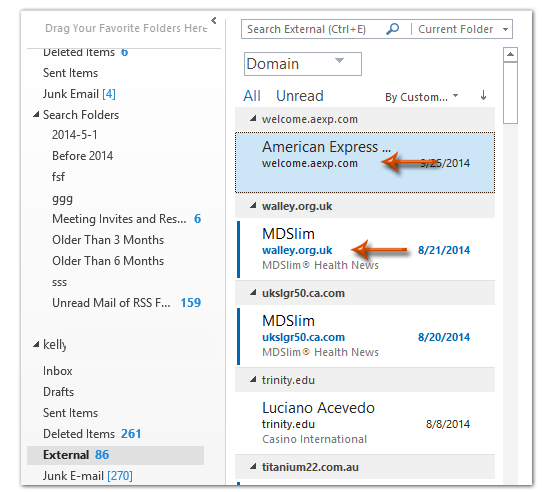Zendframework View Get Domain Name

Zend Framework 2: Getting current controller name inside a module. How to get the controller name, action name in Zend Framework 2. ZF2 - Get controller name into layout/views. ZF2: Get module name (or route) in the application layout for menu highlight. View, Controller and Module in Zend Framework 2? Now, that you have installed Zend Framework you can test it to be sure it is installed correctly. There are two methods we’ll cover here to be sure it is installed correctly and functioning as it should. If you have not installed Zend Framework and would like to do so, please see our tutorial.
The WHOIS service offered by NETIM and the access to the records in the WHOIS database are provided for information purposes only. It allows the public to check whether a specific domain name is still available or not and to obtain information related to the registration records of existing domain names.

Plural HelperMost languages have specific rules for handling plurals. For instance, in English, we say “0 cars” and “2 cars” (plural)while we say “1 car” (singular). On the other hand, French uses the singular form for 0 and 1 (“0 voiture” and “1 voiture”)and uses the plural form otherwise (“3 voitures”).Therefore, we often need to handle those plural cases even without using translation (mono-lingual application). ThePlural helper was created for this. Please remember that, if you need to both handle translation and plural, you mustuse the TranslatePlural helper for that.
Plural does not deal with translation.Internally, the Plural helper uses the ZendI18nTranslatorPluralRule class to handle rules. // Get the ViewHelperPlugin Manager from Service manager, so we can fetch the ``Plural`` // helper and add the plural rule for the application's language $viewHelperManager = $serviceManager - get ( 'ViewHelperManager' ); $pluralHelper = $viewHelperManager - get ( 'Plural' ); // Here is the rule for French $pluralHelper - setPluralRule ( 'nplurals=2; plural=(n0 n1?
0: 1)' );The string reads like that:. First, we specify how many plurals forms we have. Samurai warriors 4 2. For French, only two (singular/plural). Then, we specify the rule. Here, if the count is 0 or 1, this is rule n°0 (singular) while it’s rule n°1 otherwise.As we said earlier, English consider “1” as singular, and “0/other” as plural. Here is such a rule.
Plural ( array ( 'car', 'cars' ), 0 ); // prints 'cars' echo $this - plural ( array ( 'car', 'cars' ), 1 ); // prints 'car' // If the rule defined in Module.php is the French one: echo $this - plural ( array ( 'voiture', 'voitures' ), 0 ); // prints 'voiture' echo $this - plural ( array ( 'voiture', 'voitures' ), 1 ); // prints 'voiture' echo $this - plural ( array ( 'voiture', 'voitures' ), 2 ); // prints 'voitures'?orphan. // Within your view echo $this - translate ( 'Some translated text.' ); echo $this - translate ( 'Translated text from a custom text domain.' , 'customDomain' ); echo sprintf ( $this - translate ( 'The current time is%s.'
), $currentTime ); echo $this - translate ( 'Translate in a specific locale', 'default', 'deDE' );translate ( string $message , string $textDomain , string $locale ) Parameters:. $message – The message to be translated. $textDomain – (Optional) The text domain where this translation lives. Defaults to the value “default”. $locale – (Optional) Locale in which the message would be translated (locale name, e.g.
If unset, it will use the default locale ( Locale::getDefault). Public Methods setTranslator ( Translator $translator , string $textDomain = null )Sets ZendI18nTranslatorTranslator to use in helper. The $textDomain argument is optional.It is provided as a convenience for setting both the translator and textDomain at the same time. GetTranslator ( )Returns the ZendI18nTranslatorTranslator used in the helper.
Zend Framework View Get Domain Name Free
Return type:ZendI18nTranslatorTranslatorhasTranslator ( )Returns true if a ZendI18nTranslatorTranslator is set in the helper, and false if otherwise. Return type:booleansetTranslatorEnabled ( boolean $enabled )Sets whether translations should be enabled or disabled. IsTranslatorEnabled ( )Returns true if translations are enabled, and false if disabled. Return type:booleansetTranslatorTextDomain ( string $textDomain )Set the translation text domain to use in helper when translating. GetTranslatorTextDomain ( )Returns the translation text domain used in the helper. Return type:string.